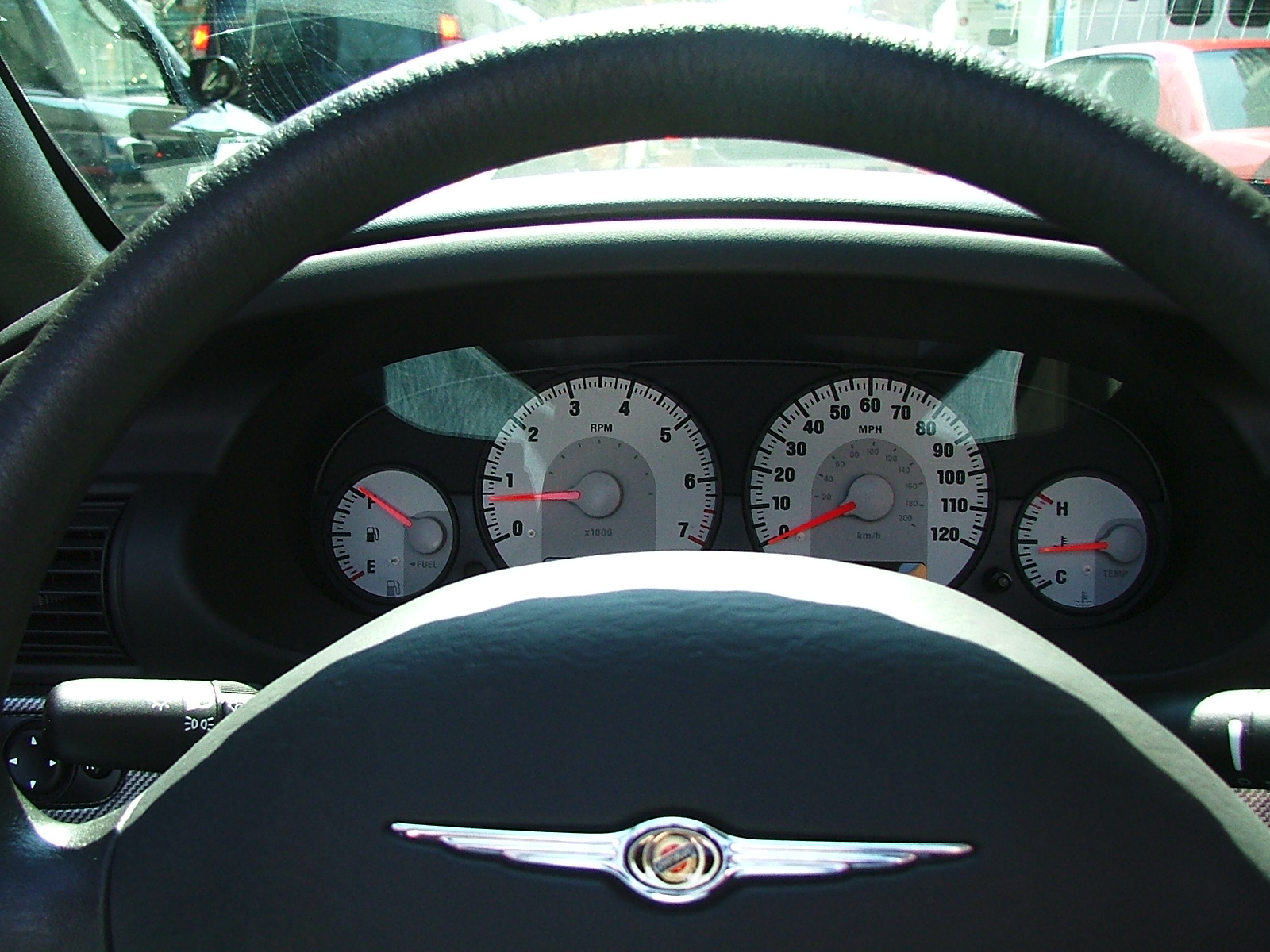New alcohol interlock laws for mid-range offenders
An interlock is an electronic breath testing device connected to the ignition of a vehicle. It prevents the vehicle from starting if alcohol is detected. The interlock also includes a camera and takes a photograph of the person providing the breath sample to reduce the risk of a driver circumventing the program.
All drivers convicted of high-range, repeat and other serious drink-driving offences in NSW committed on or after 1 February 2015 are required to have an interlock installed.

As part of the Road Safety Plan 2021, the NSW Government expanded the interlock program so that it also applies to drivers convicted of all middle-range drink driving and driving a motor vehicle under the influence of alcohol offences committed from 3 December 2018.
For all offences that require a mandatory interlock, the court orders offenders to complete:
- A licence disqualification period, and
- A period of participation in the interlock program (minimum 12 months).
The length of the licence disqualification and interlock period vary depending on the type of offence. Longer periods apply for the most serious offences.
The interlock program aims to actively prevent drink driving on NSW roads, and to reduce alcohol related crashes.
A survey of the NSW community, completed to inform the development of the Road Safety Plan 2021, found 84 per cent of people felt alcohol interlocks for drink-driving offenders were important for road safety.
The Roads and Maritime Services website has more details about the Alcohol Interlock Program, including information for offenders, as well as medical and legal professionals.
Vehicle sanctions for high-risk drink drivers
Vehicle sanctions, such as impounding a driver’s vehicle, are designed to improve road safety by removing high-risk drivers from the roads immediately to prevent re-offending.
In NSW, police can confiscate number plates at the roadside or impound the vehicle if they detect a driver committing certain high-risk offences. This includes ‘hoon’ offences, such as street racing, engaging in a police pursuit or speeding by more than 45km/h over the limit.
Since 3 December 2018, as part of the Road Safety Plan 2021, the vehicle sanctions scheme also applies to repeat, high-risk drink drivers. Vehicle sanctions typically apply for three months.
